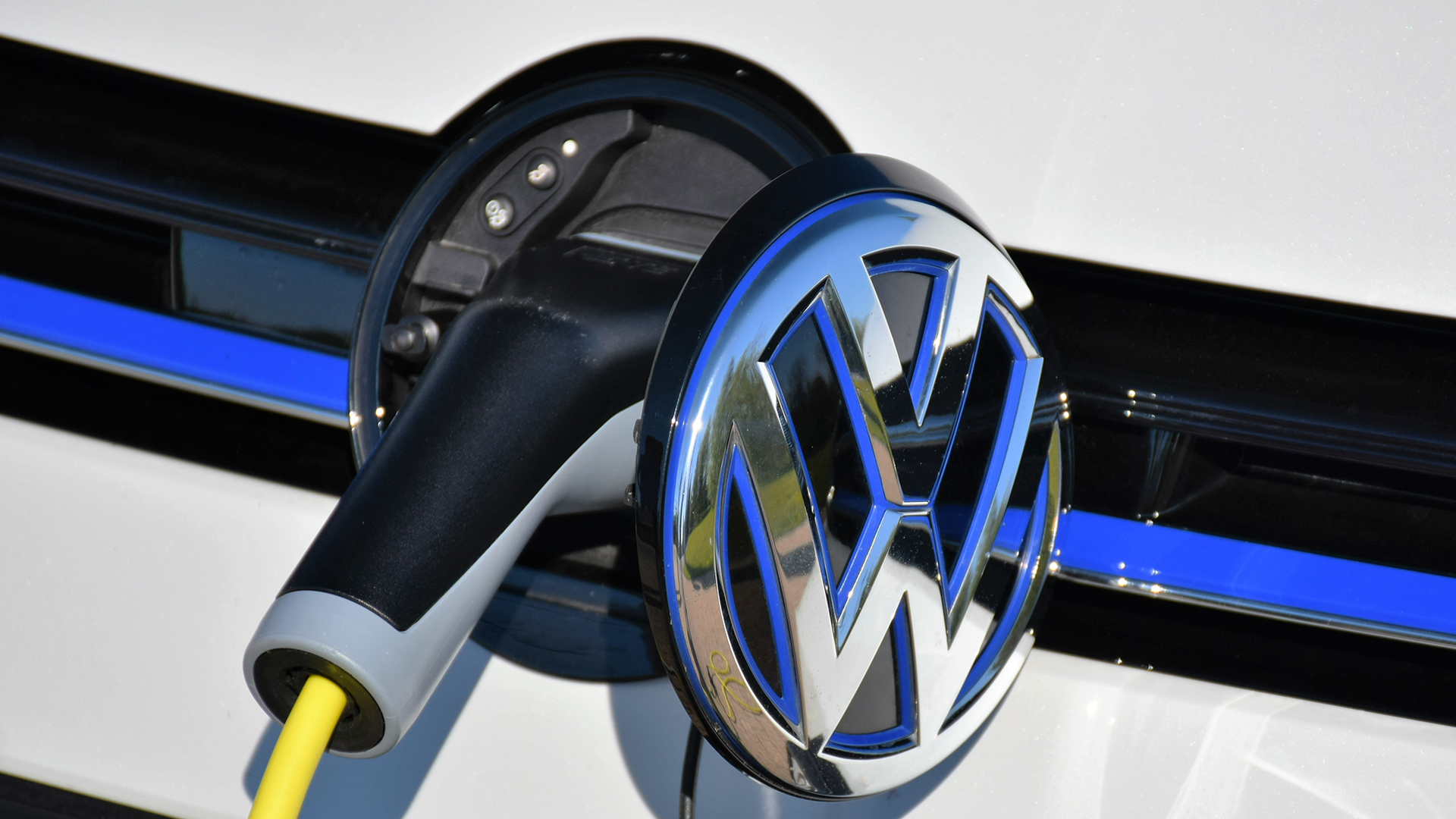

Electrify America will spend an additional $200 million on charging infrastructure in California. The money comes from Volkswagen, which is required to invest in zero-emission vehicle infrastructure as part of its “Dieselgate” emissions cheating settlement.
The investment plan for California is divided into four “cycles,” each spanning 30 months. Cycle 1 involved investments in multiple California metropolitan regions. It began in 2017 and will wrap up in June 2019. On Wednesday, Electrify America detailed its plans for the next investment step.
Cycle 2 will begin in July 2019 and end in December 2021. It will focus on the development of DC fast-charging infrastructure for more rural areas, including adding charging stations along more highways so electric-car drivers can get to more remote destinations like California’s Sierra Mountain communities. Metropolitan areas, including San Bernadino/Riverside, Santa Cruz/Watsonville, and Santa Rosa, will get more charging stations as well.
While it is Volkswagen’s money being spent, public charging stations built by Electrify America will be open to drivers of all electric cars. For example, Lucid Motors will use the Electrify America network for its planned Air luxury sedan, which is expected to enter production in 2020.
Electrify America will also emphasize home charging. It plans to develop an online tool that connects residents with rebates and incentive programs for installing Level 2 AC charging stations at home. Residents will also have the option to pay for a home charging station through monthly installments, rather than putting all of their money down upfront. Electrify America also plans to offer “financial rewards” to drivers that plug in at specific times to help stabilize the grid.
Under the terms of the Volkswagen diesel settlement, Electrify America gets $2 billion to spend over 10 years. California will get $800 million, while the remaining $1.2 billion will be divided up among the other 49 states.